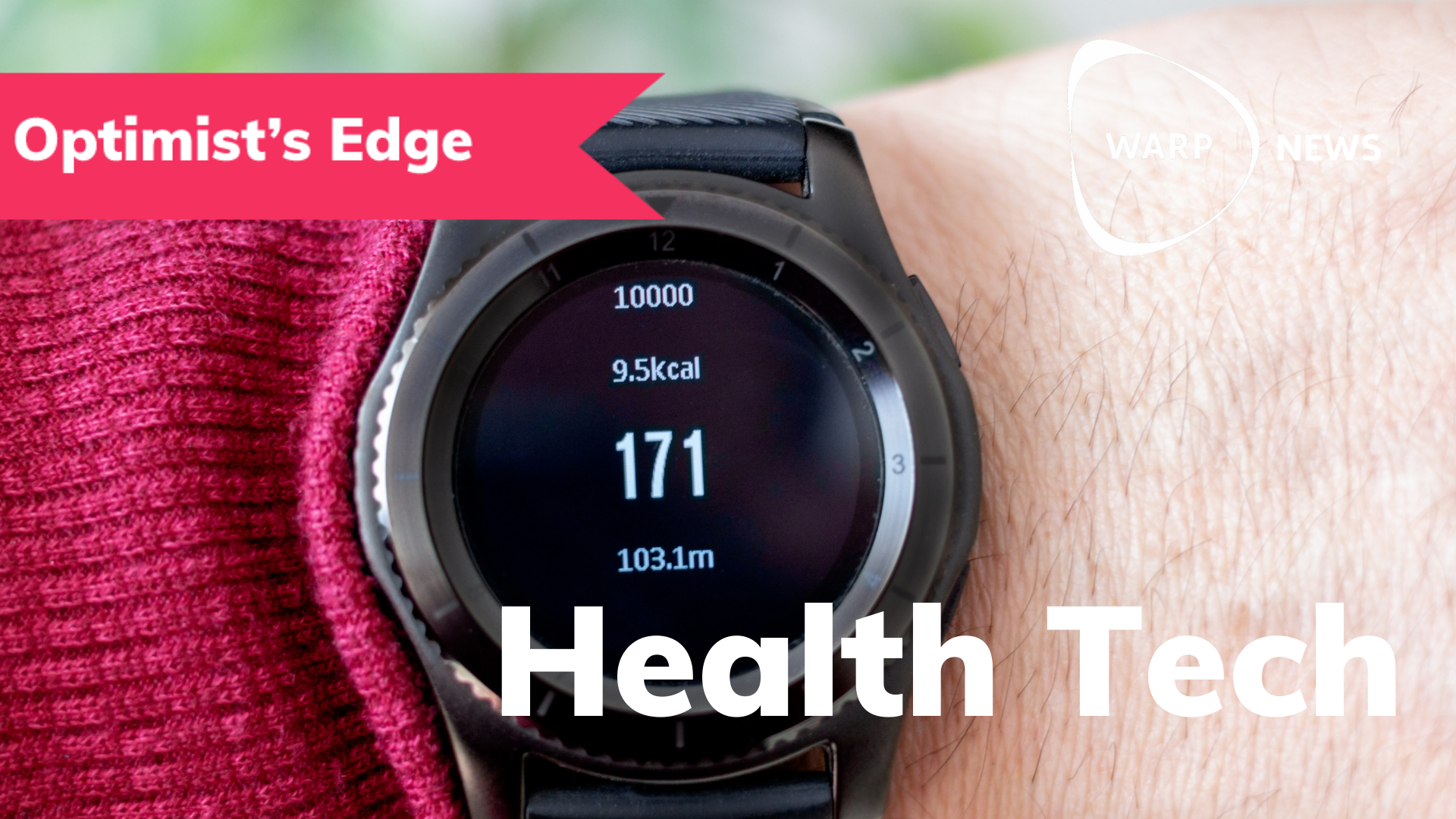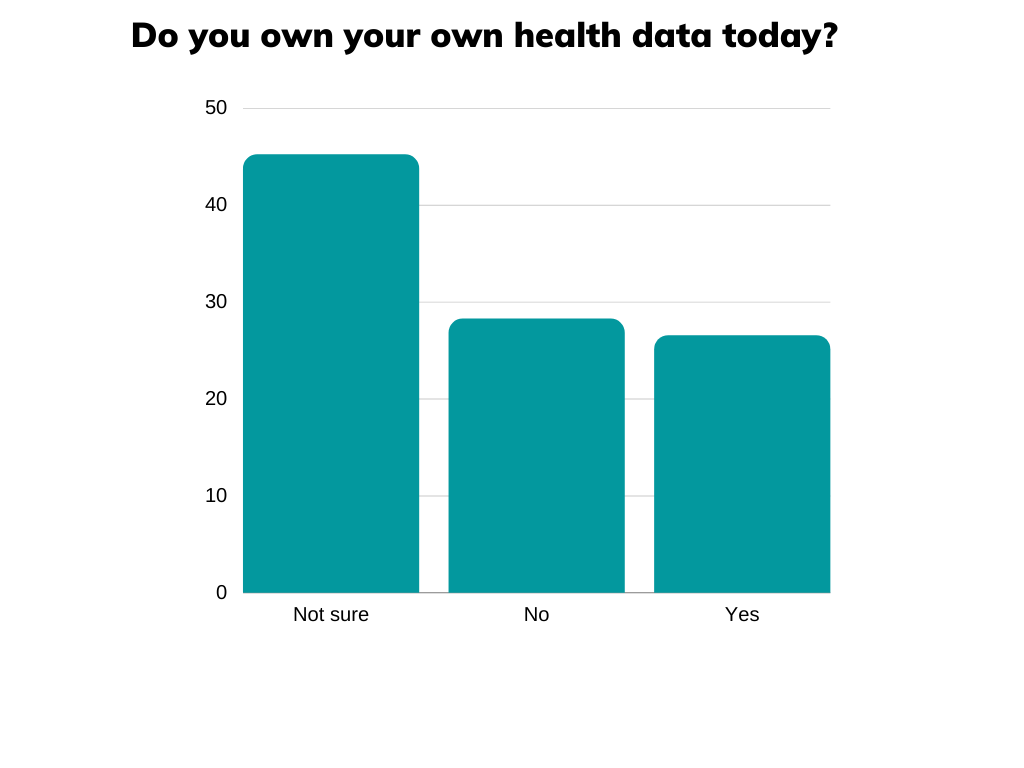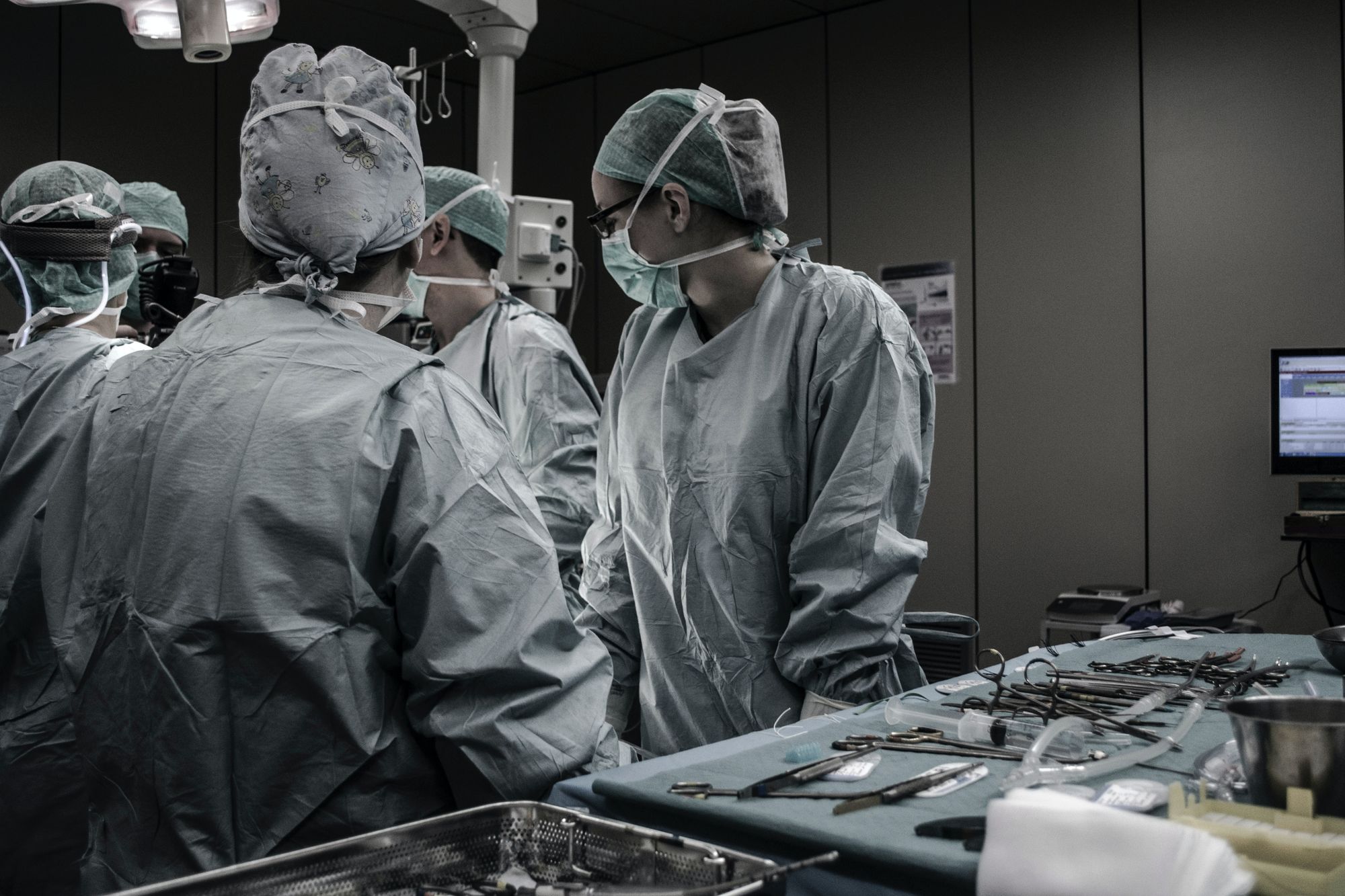📉 What people think

When we asked people about the ownership of their health data, in other words – who is in control of their health data, 45 percent were unsure. 28 percent believe they do not have their data in their hands, while 26 percent answered they own their data.

📈 Here are the facts
Personal data is often described as "the new gold." It is truly a fitting description when it comes to health care. With more data follows more opportunities to discover, prevent, treat and cure diseases. Who wouldn't want to seize a golden opportunity like this?
- Data ownership is quite a mess. Many people are unaware of their health records, or have incomplete information about them. But a complete record controlled by a patient and well used is a safeguard for health.
- Data is growing rapidly. The amount of data generated and stored every moment has been growing exponentially for now 20 years. In parallel, the world population is peaking, and as the pandemic and the news remind us, there is a need for a more robust and efficient health system.
- Technology can make the most out of the data. The idea behind data-driven health is to increase the efficiency of healthcare by quickly reading patterns and providing specialized accurate solutions.
- There is experience ready to be applied in the health care sector. In the business and trading world, companies already rely on machines' ability to collect, analyze and interpret large amounts of data in a short period to improve their decision-making. And if we can trust technology to operate the stock market, we should be able to let it run more of our health services.

💡 Optimist's Edge
💡 Technology will make us all co-creators of a more efficient healthcare system than ever and help improve your overall health.
The essential task for health care is to develop the right diagnosis. Thanks to new technology and data analysis, machines can offer more accurate diagnoses.
- Advanced data collection is the first step to providing a more accurate diagnosis and preventative measures.
- Technology-led healthcare is the future. Machines can do more than humans can alone. Letting machines take over more significant parts of health care services will mean better treatments, quicker rehabs, and recoveries. It will lead to a better and more effective healthcare system in the long run.
- Efficiency on several levels when data is unlocked and in use. Second, a lot of spending will be avoided. People will pay less for treatments that are not accurate, spend less time in hospitals, and focus will be on addressing curable diseases and conditions.
Political decisions are also being taken to keep safe the patients' data, both in the United States and within the EU, with GDPR.

👇 How to get the Optimist's Edge
Invest your time, effort, and money in technology and information sharing, which will bring healthcare to the next level. We need more development to be able to trust AIs with our health. You also need to start collecting your data manually right away on a personal level.
❓ So, how do you get the most out of this knowledge?
- Support organizations are developing new technological frameworks. There are companies across the world, like Data-Driven Health, Remedy Health, or Subtle Medical that work on solutions to support current healthcare with better information as well as improved image generation. You can help these companies financially return to them directly for job opportunities if you work in the private healthcare market.
- Invest in research. There are also several university programs around the world that research data-driven healthcare. Look in your area what the alternatives are; you might want to choose a career within this emerging field of finance the research at these institutions.
- Help protect data. The ethical concerns about data handling are an important matter, as there needs to be a legal framework that ensures the safety of medical information. Lanier's outsourcing and audit company has proposed a 6-steps method to protect the data. We could take inspiration from such practices.
- Stand up for your rights. Raise your voice and demand that GDPR becomes a global norm. At the same time, you would want to demand that the data you are generating minute by minute serves its purpose, paving the way for more options for you as a patient. Get your doctor and other health professionals you have been in contact with print, e-mail, or store your data in a manageable way. Keeping your journal or "health diary" will be crucial to receiving the best treatments and preventative measures.
You now have an advantage because you have gained this knowledge before most others –
